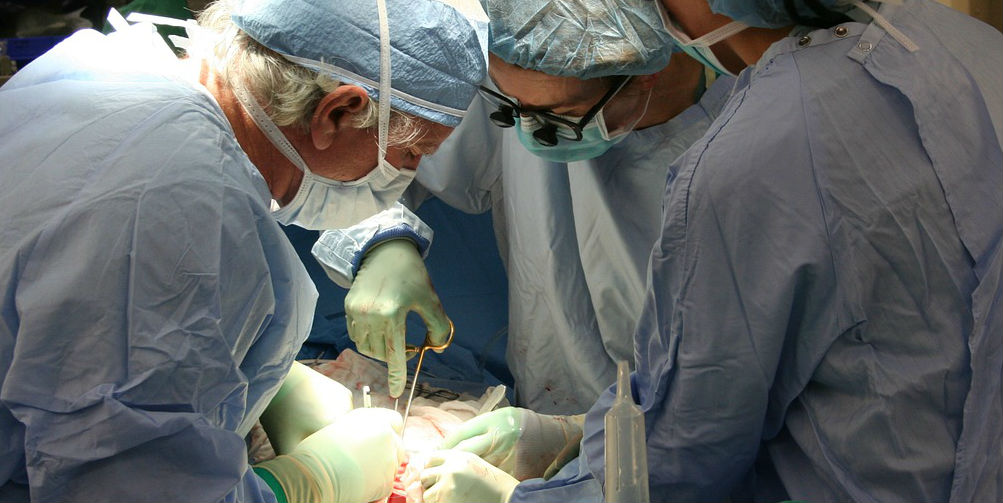
Fires that seriously burn or kill surgical patients can and do break out in operating rooms.
This preventable medical error happens more often than most people probably think. Better known surgical errors are wrong site surgery, in which the surgeon operates on the wrong part of the patient’s body, and surgical instruments left behind in a patient. Some estimates show, however, that surgical fires occur about as frequently as either of them.
Because they do occur and because they are preventable, the Food and Drug Administration published guidelines for surgical personnel to follow in limiting their occurrence.
How do Surgical Fires Occur?
Surgical fires only happen when three ingredients for any fire are in the OR – heat, fuel and oxygen. This is referred to as the fire triangle. Examples of the three sides of the triangle in a hospital operating room include:
· Open concentrated oxygen delivery system (oxygen source)
· Electrosurgical equipment and lasers (ignition source)
· Flammable material such as surgical drapes, patient hair, alcohol-based skin prep products (fuel source)
What Medical Professionals Should Do to Prevent Fires During Operations
As it continued to receive reports of fires during surgery, the FDA in May 2018 updated its recommendations to health care professionals on avoiding surgical fires. The first step is for surgical teams to assess the potential for fire before each surgical procedure by looking specifically for present fire triangle sources.
Improper communication between medical professionals is a cause for a variety of serious medical errors. According to the FDA, it can play a role in surgical fires. Therefore the agency encourages good communication between all surgical team members – those who are responsible for each of the three fire triangle elements during surgery.
Fires can occur when oxygen concentration in the OR is 30 percent or higher, so this must be closely monitored. When appropriate, closed oxygen delivery systems are preferred.
Medical devices that can serve as ignition sources should be thoroughly inspected prior to surgery. For example, bad connections or exposed wires can provide a spark to ignite a fire.
And caution must be employed when flammable material, such as plastic products or alcohol-based antiseptics are introduced into the surgical environment.
Surgical fires need not occur, especially when medical care providers know how to prevent them. As with any serious and preventable medical error, those responsible should be held accountable.
If you were seriously injured or had a family member die while receiving medical care, either catastrophe may have been avoidable. You may want to discuss your case with an experienced medical malpractice lawyer.
The choice of a lawyer is an important decision that should not be based solely on advertisements.
Authored by Gray Ritter Graham, posted in Blog June 6, 2018

 RSS Feed
RSS Feed